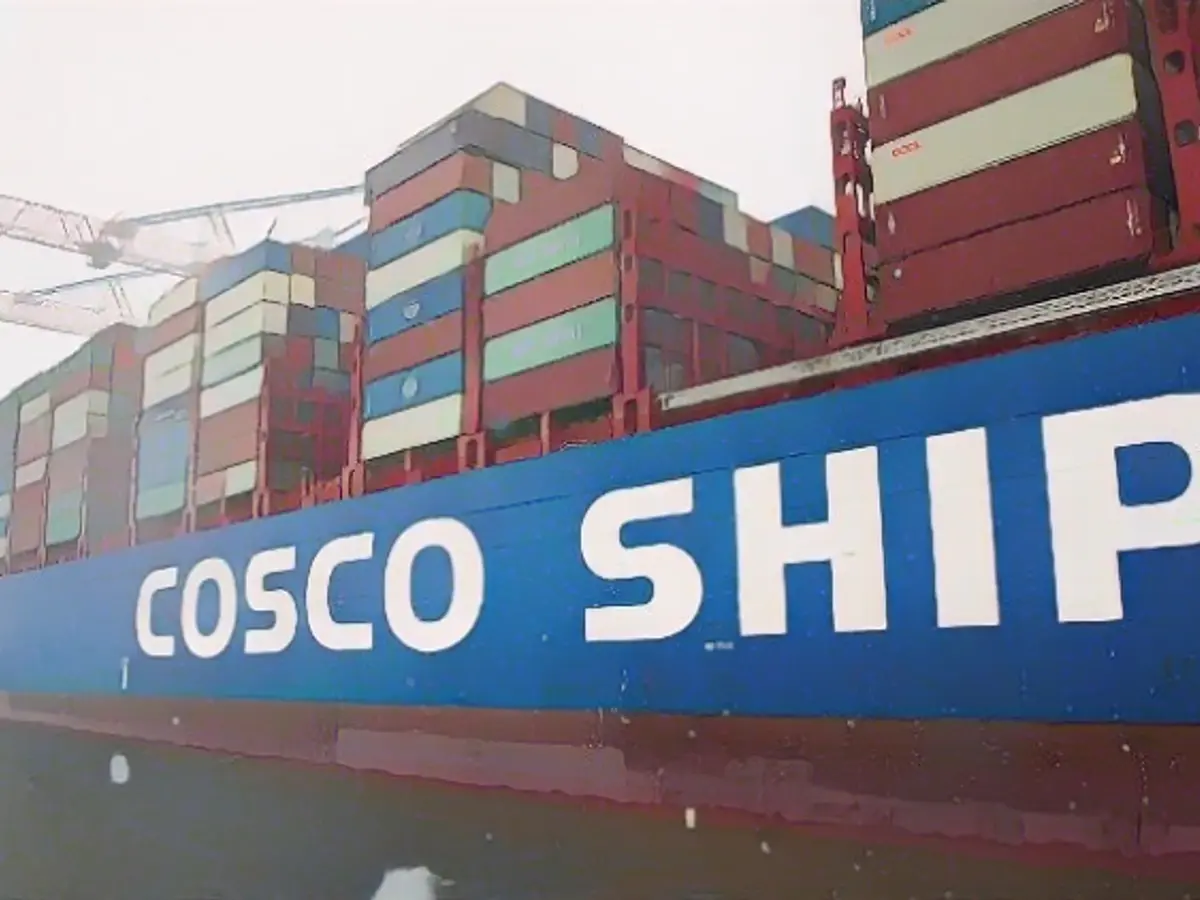Economists deplore the adoption of the Supply Chain Act
The EU has been able to agree on a supply chain law in an attempt to punish child labor, exploitation and environmental pollution by companies. German economists condemn this step.
According to the German Textile and Fashion Industry Association, the EU supply chain law agreed upon by the EU member states and the European Parliament is a "bureaucratic monster that is hostile to SMEs and development". Environmental protection and human rights organizations, on the other hand, welcomed the law.
The law threatens the international competitiveness of European companies, explained Tanja Gönner, Managing Director of the Federation of German Industries (BDI). Due to the high requirements and legal uncertainties, companies would have to withdraw from third countries as a result of the law and would not be able to further diversify their supply chains, warned Gönner.
What is the law for?
Under the Supply Chain Act, companies above a certain size will in future be obliged to identify negative impacts of their activities on human rights and the environment and to "prevent, mitigate, end and remedy" possible consequences. They must also monitor compliance with environmental and social standards by their partner companies in the value chain. This includes suppliers, sales partners, transport companies, storage service providers and waste management companies.
The lead negotiator in Parliament, Lara Wolters, spoke of a "historic breakthrough". With the law, companies would have to put "the well-being of people and the planet" before "short-term profits", she said. The law is an "important sign of hope" for seamstresses in Bangladesh or mine workers in South Africa, explained Pirmin Spiegel, Managing Director of the aid organization Misereor.
Economists: Suppliers not at all prepared for the law
"With the Supply Chain Act, the EU is shooting itself in the foot in terms of global competition," criticized economist Galina Kolev-Schaefer from the German Economic Institute (IW). Suppliers in many developing and emerging countries are not prepared for the requirements from Europe and European companies have to withdraw. This creates a clear path for competition from China, which pays much less attention to the environment and human rights.
The law would also create a "huge bureaucratic burden" for companies, explained CSU MEP Angelika Niebeler. "Even greater bureaucratic burdens and disproportionate penalties for companies" are "the opposite of what is needed in the current difficult economic situation", commented Lukas Köhler, deputy chairman of the FDP in the Bundestag.
High fines for violations of the law
Companies that violate the Supply Chain Act face fines of up to five percent of their global turnover. National authorities are to be responsible for monitoring and investigations. Victims of human rights violations and environmental destruction should be entitled to compensation. Christiane Seidel, responsible for food at the Federation of German Consumer Organizations (vzbv), praised the law for providing consumers with more clarity in their purchasing decisions. From the vzbv's point of view, it is also "absolutely essential" that government agencies check the information provided by companies, added Seidel.
However, the financial sector will not be audited
The law does not initially apply to the financial sector, which is "temporarily excluded", explained the Council of Member States. A later inclusion of these companies is still to be examined. SPD MEP René Repasi described such a declaration of intent as "little consolation". The EU had missed the opportunity to hold the financial sector to account. European financial companies contribute "massively to human rights violations and environmental damage" through investments and loans, explained the organization Germanwatch.
Green MEP Anna Cavazzini welcomed the fact that the European regulations go well beyond the Supply Chain Act that has been in force in Germany since the beginning of the year. The law "particularly strengthens German companies" that already pay attention to human rights and environmental protection standards and creates "fair competitive conditions for the entire internal market", explained Cavazzini. The European Parliament and member states still have to formally approve the agreement.
Read also:
- Why there is still no EU funding for green Saar steel
- 3 billion Saar Fund is unconstitutional
- Politicians at a loss after shock news
- Court of Auditors criticizes the state government's debt plan
The Supply Chain Act, a landmark legislation initiated by the EU, aims to hold large companies accountable for addressing human rights violations and environmental issues within their supply chains. Despite criticism from German economists and industry associations, environmental and human rights organizations have welcomed this law. In Brussels, discussions are ongoing regarding the potential implications of the Supply Chain Act on EU companies, particularly in terms of international competitiveness and the need for compliance with stringent requirements.
Source: www.ntv.de








